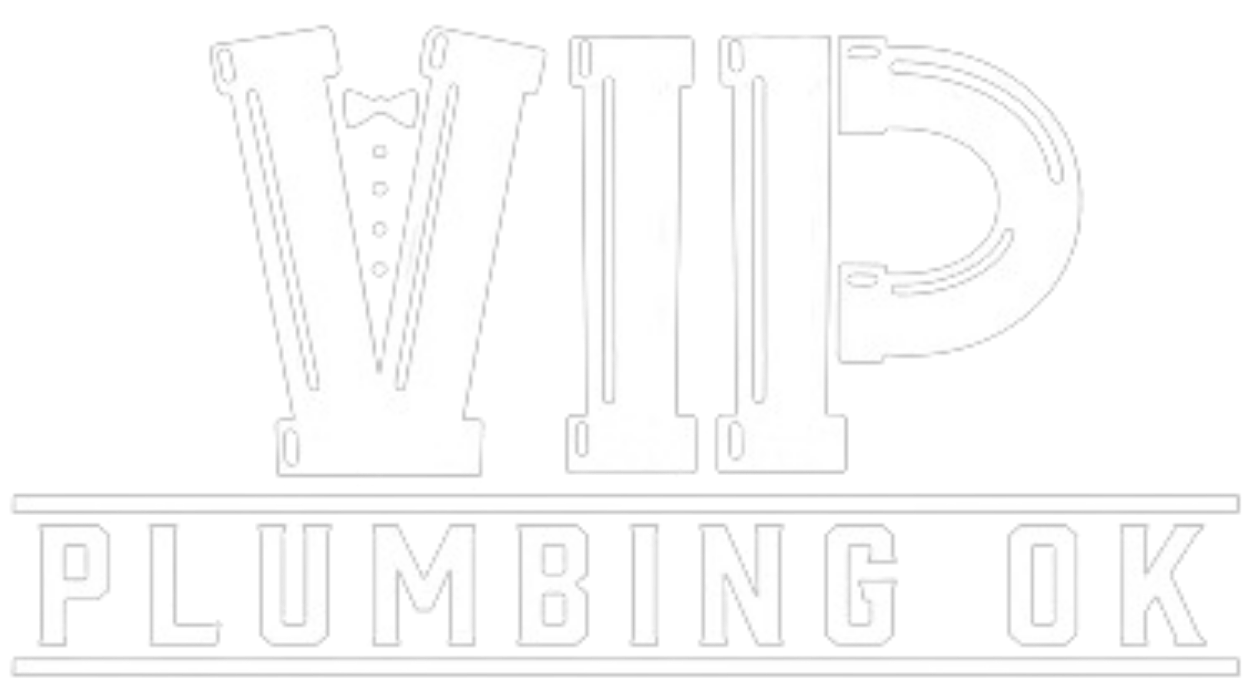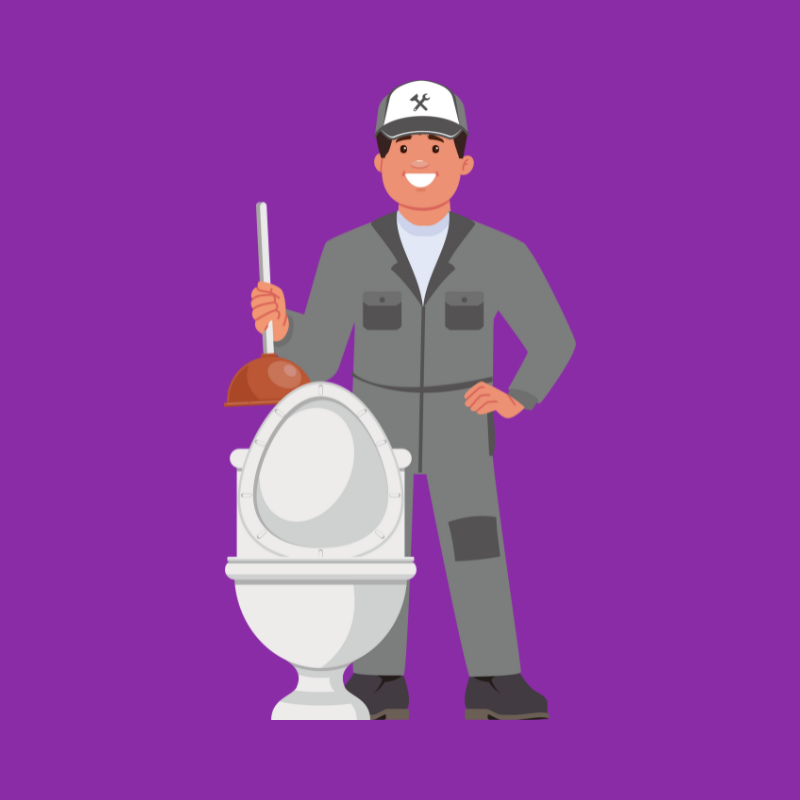A plumbing system consists of a series of pipes that carry fresh water into a home and are part of the drainage system that removes wastewater. It also includes plumbing fixtures such as toilets and tubs, the water heater, and water-dependent appliances such as a washing machine or dishwasher.
Like all systems that support a home, the plumbing requires ongoing maintenance or serious side effects can develop. Leaking pipes or toilets that refuse to flush can create dangerous health conditions and compromise a home’s infrastructure.
In this article, we will define the parameters of a plumbing inspection, how to know if and when one is needed, and the issues an inspection can address. Lastly, we will discuss the benefits of enrolling in plumbing checkups.
What Exactly Is A Plumbing Inspection?
A plumbing inspection is completed by a trained and licensed plumber who will examine the entire plumbing system in a home. The inspection will include an examination of interior and exterior piping, the water heater, irrigation systems, fire protection sprayers, and all fixtures, such as toilets, tubs, showers, sinks, and laundry areas.
Appliances that use water, such as ice makers, dishwashers, washing machines, outdoor pool and spa features, and hose bibs, will be checked to be sure they are not leaking or malfunctioning in some way.
Do I Need An Inspection?
Homeowners often shy away from enrolling in a home inspection because they see it as a waste of money, but this is a false assumption. Here are six situations that could benefit from engaging a professional inspector.
Buying A Home
When purchasing a home a home inspection can be limited and often does not include a thorough evaluation of the plumbing system. However, since most of the plumbing is hidden from view behind walls and floors or underground, major problems could go undetected. Engaging a professional plumber lets you understand everything about the home’s plumbing, so there will be no surprises following settlement.
Selling A Home
Even in homes where the owners have been diligent about maintenance, there is nothing more comforting than to know an up-to-date inspection has taken place, and all issues have been addressed. This not only gives potential buyers the confidence to place a solid offer, but it also allows the seller to feel they are selling a home free of plumbing issues. A plumbing inspection adds real value to a home that is being listed on the real estate market.
Frequent Repairs
Every home will require occasional service calls to fix minor leaks or clogs. However, an underlying issue may need further investigation if you continuously call for service. A trained technician can quickly assess the entire system, propose solutions to restore a system, and put an end to too many service calls!
Preventing Future Problems
During a plumbing inspection, serious and newly formed issues can be addressed. A leaking pipe detected early differs from a pipe seeping water into the home’s infrastructure for months, creating weakened subfloors and encouraging mold growth. A plumbing inspection will reduce the likelihood of future plumbing disasters.
Saves Money
Inspections save money on unnecessary plumbing repairs, service calls, and premature replacement of fixtures and pipes. Plumbing systems are durable and built to last, but they will only do so with proper care. Otherwise, they can turn into costly nightmares requiring repair after repair.
Peace Of Mind
We recommend a yearly plumbing inspection for all of our customers. Taking a good look at the plumbing system allows our clients to sleep at night, knowing they are doing their best to keep their plumbing in optimal shape!
Issues An Inspection Can Address
There are many facets of a plumbing inspection, which are all considered to ensure a well-functioning system. Here are some common problems that are uncovered.
Outdated Plumbing Pipes
Aging plumbing is not only old; it can also be a source of deteriorating water quality, poor water pressure, and even life-threatening conditions.
Old pipes are frequently filled with corrosion and rust, which can cloud water and give it a metallic taste. Even rust particles can be found floating in drinking water, making it undrinkable.
Water Heater Issues
During the inspection, the water heater will be inspected for leaks, the accuracy of the temperature/pressure gauge, and the effects of corrosion. Sediment buildup is a big problem for tank-style heaters and can cause the heater to malfunction. The heating element can become overwhelmed by sediment accumulations and cannot function properly. An inspection will include flushing the tank and examining all pipe connections to ensure consistent hot water.
Leaks And Minor Clogs
Leaks and minor clogs are frequently detected during an inspection, allowing prompt repair so burst pipes and other plumbing disasters can be averted. Most of these issues are routine and can easily be repaired but often go overlooked unless a qualified set of eyes can take a look.
Sewer Issues
The sewer line may be the most essential component of a plumbing system since it removes liquid and solid waste from a home. When the sewer line develops a problem, it can cause raw sewage to pool in the yard or even back up into interior drains making a most unsanitary mess. Regular sewer line inspection will uncover cracks, blockages, and collapsed sewer pipes that require immediate attention. Raw sewage is toxic and should be avoided at all costs.
Faulty Faucets And Toilets
Faucets that continuously drip and toilets that perpetually run waste vast amounts of water and place an unnecessary drain on wallets. These issues are found on inspection and can be repaired with minimal effort and expense, ending the mind-numbing irritation created by running toilets and leaking faucets.
Water Pressure Problems
Proper water pressure is vital to the comfort and safety of a home. Low pressure from corrosion-filled plumbing can be annoying and a time waster. Too high pressure can wreak havoc on appliance parts, lead to thinning of pipe walls, and is a leading cause of burst pipes.
A plumbing inspector can determine the causes of improper pressure and make adjustments to preserve the system’s integrity.
Benefits Of A Plumbing Inspection
By now, you will agree that a plumbing inspection is not a waste of money but an investment in a significant home system. Here, we discuss five advantages of enrolling in a yearly plumbing inspection.
Improved Flow
Removing stubborn clogs or replacing pipes severely affected by hard water corrosion will allow incoming and outgoing water and waste to flow more freely. This cuts down on future clogs and the leaks they eventually create if not removed.
Better Water Quality
When outdated pipe materials that may be leaching unwanted substances into the water are replaced, the quality of the drinking water increases. Even newer pipes affected by rust can be power-cleaned to remove all accumulating grease, dirt, and debris, leaving the water cleaner and more inviting.
Prolonged Life Of System
Reducing water pressure, dealing with leaking pipe joints, and responding to plumbing issues early will prolong the life of plumbing pipes and fixtures. These systems are costly to purchase and install, so making the best of what you currently have is wise!
Are You Looking For A Plumbing Inspection?
We offer plumbing inspections to help our customers maintain the integrity of their plumbing systems. Inspections are not just a once-in-a-while chore but provide a safe and comfortable living environment and should be considered an investment. By enrolling in a plumbing inspection, you can look forward to saving money, avoiding costly repairs, extending the life of the plumbing system, and minimizing plumbing disasters.
Call us to schedule an appointment and allow us to preserve your home, your health, and your safety. This may be one of the wisest decisions a homeowner can make. Call us today!

